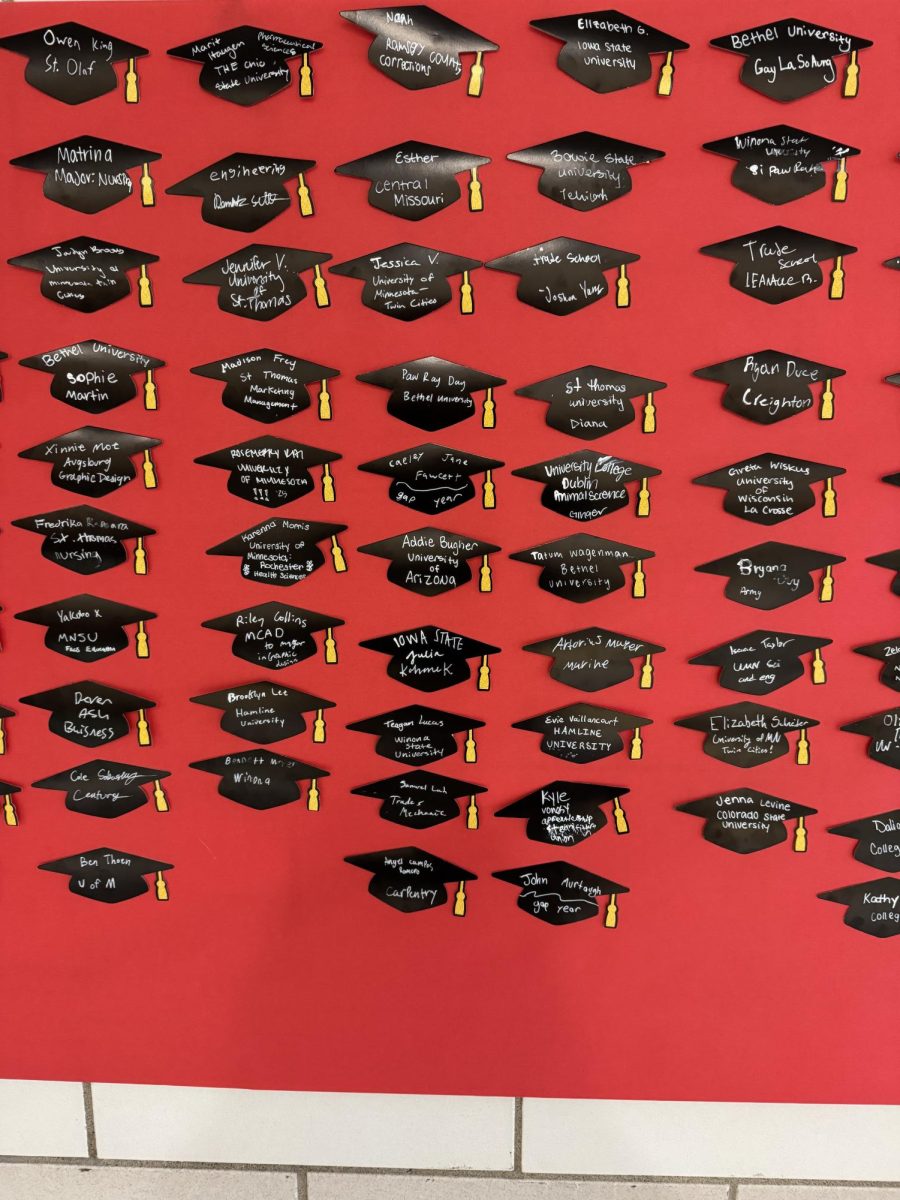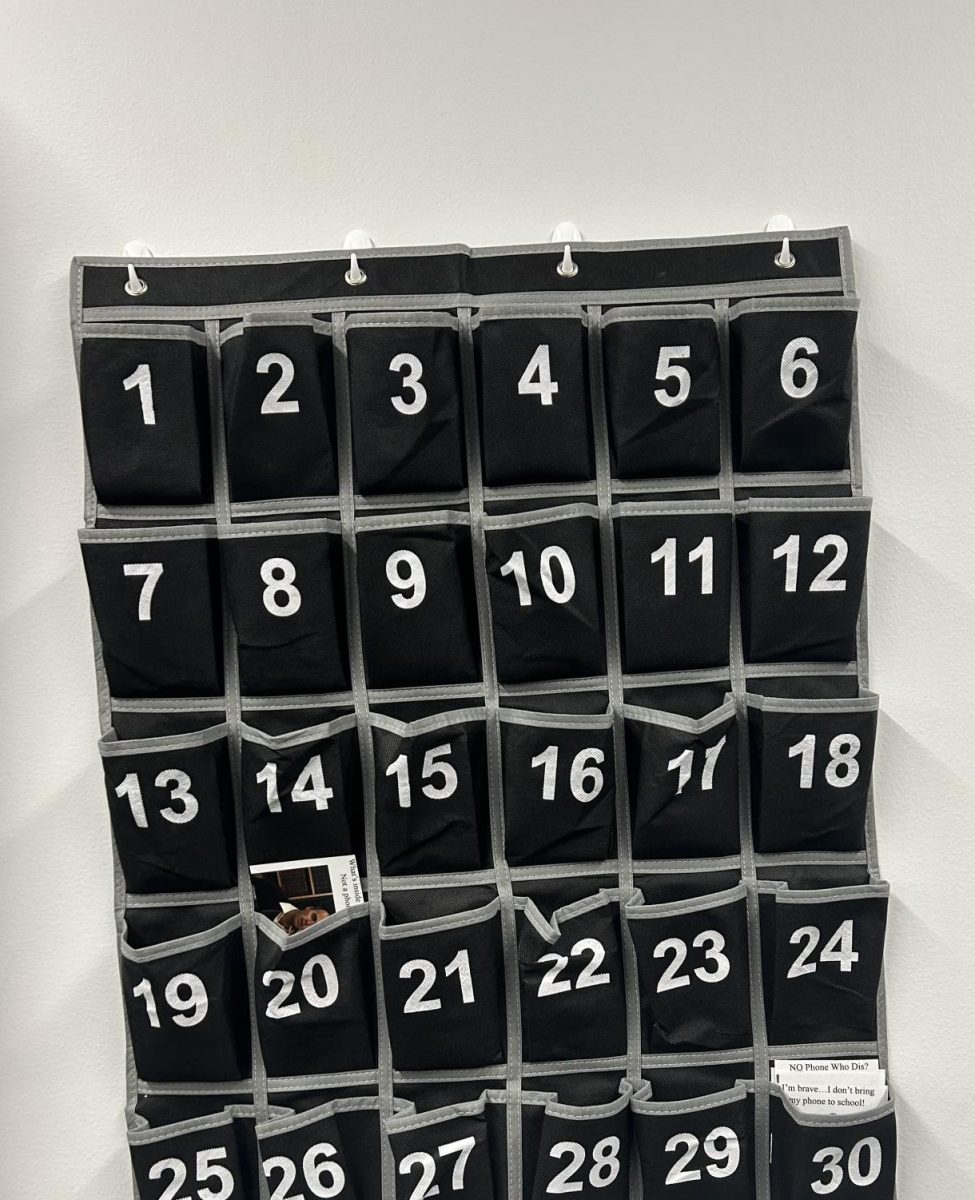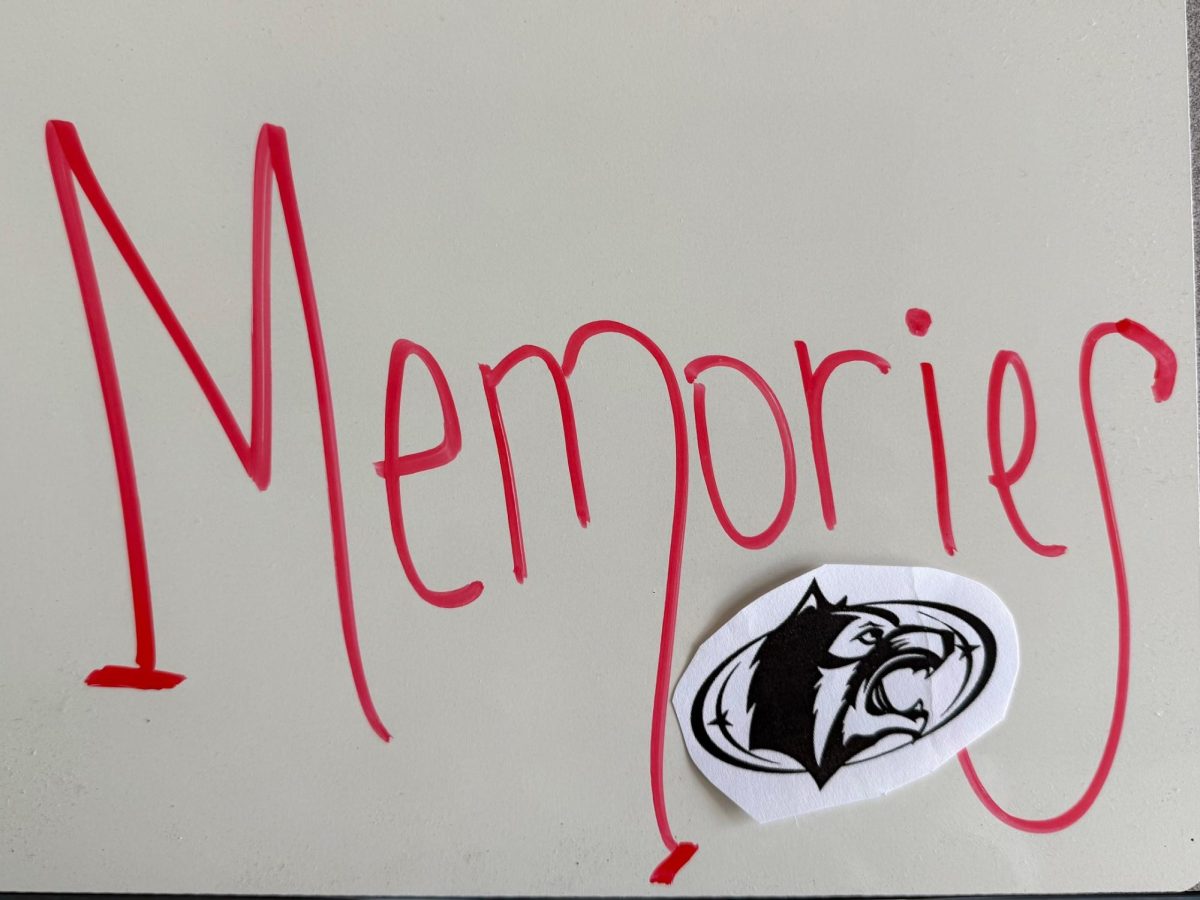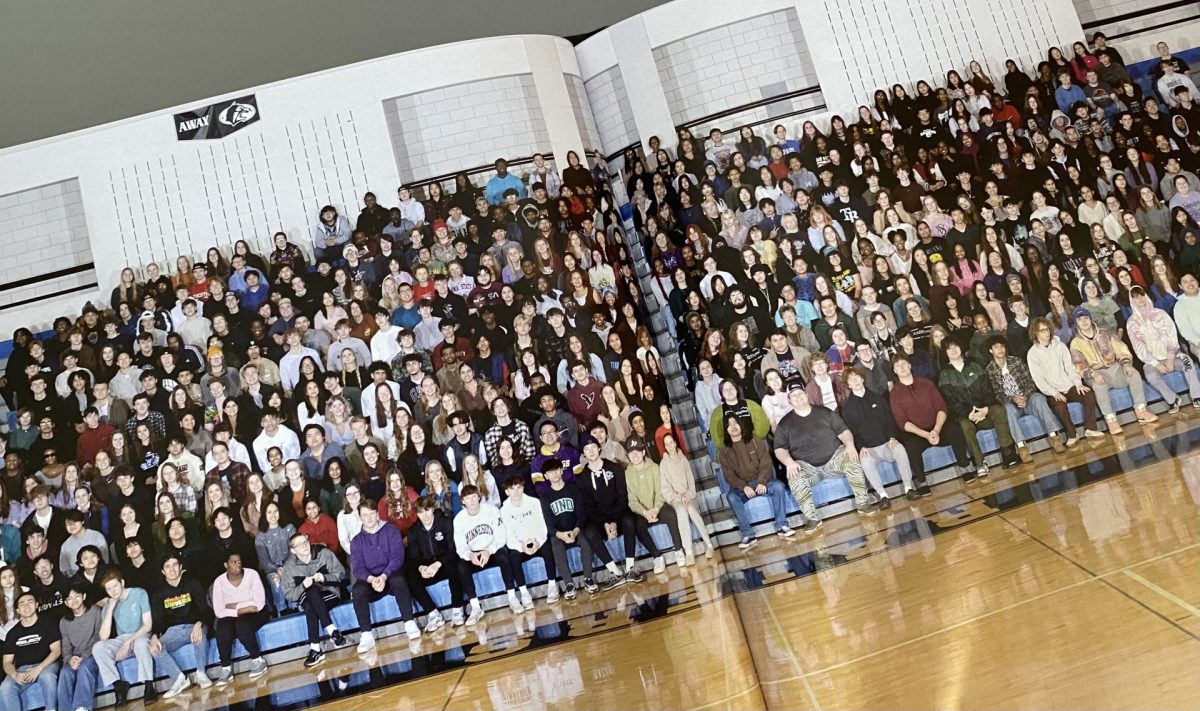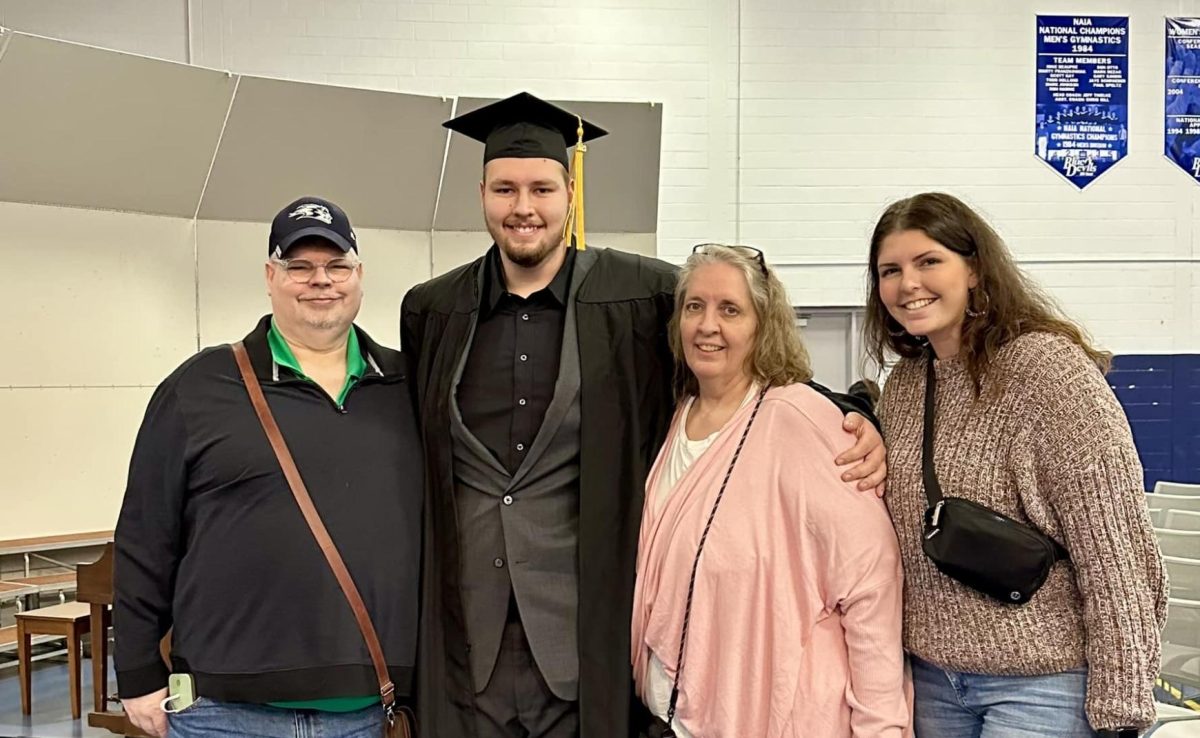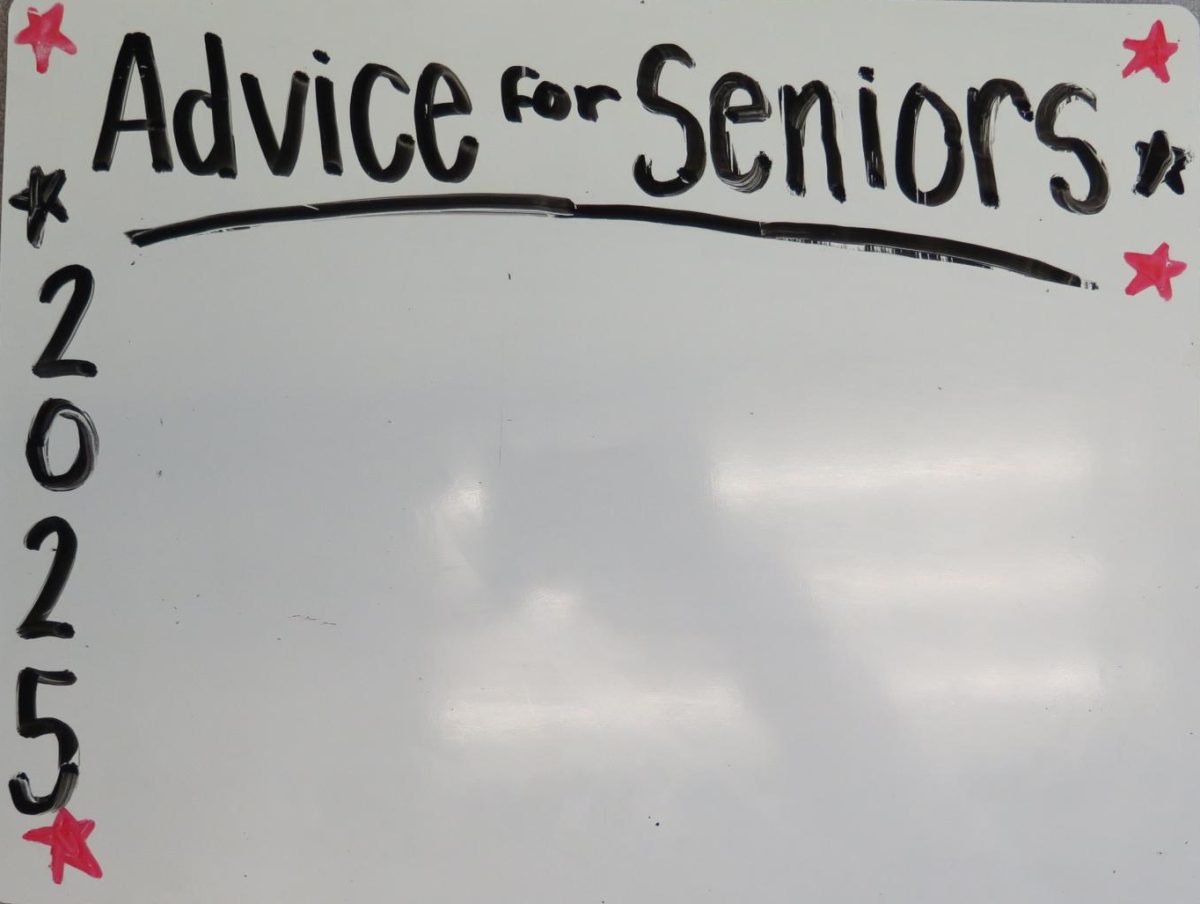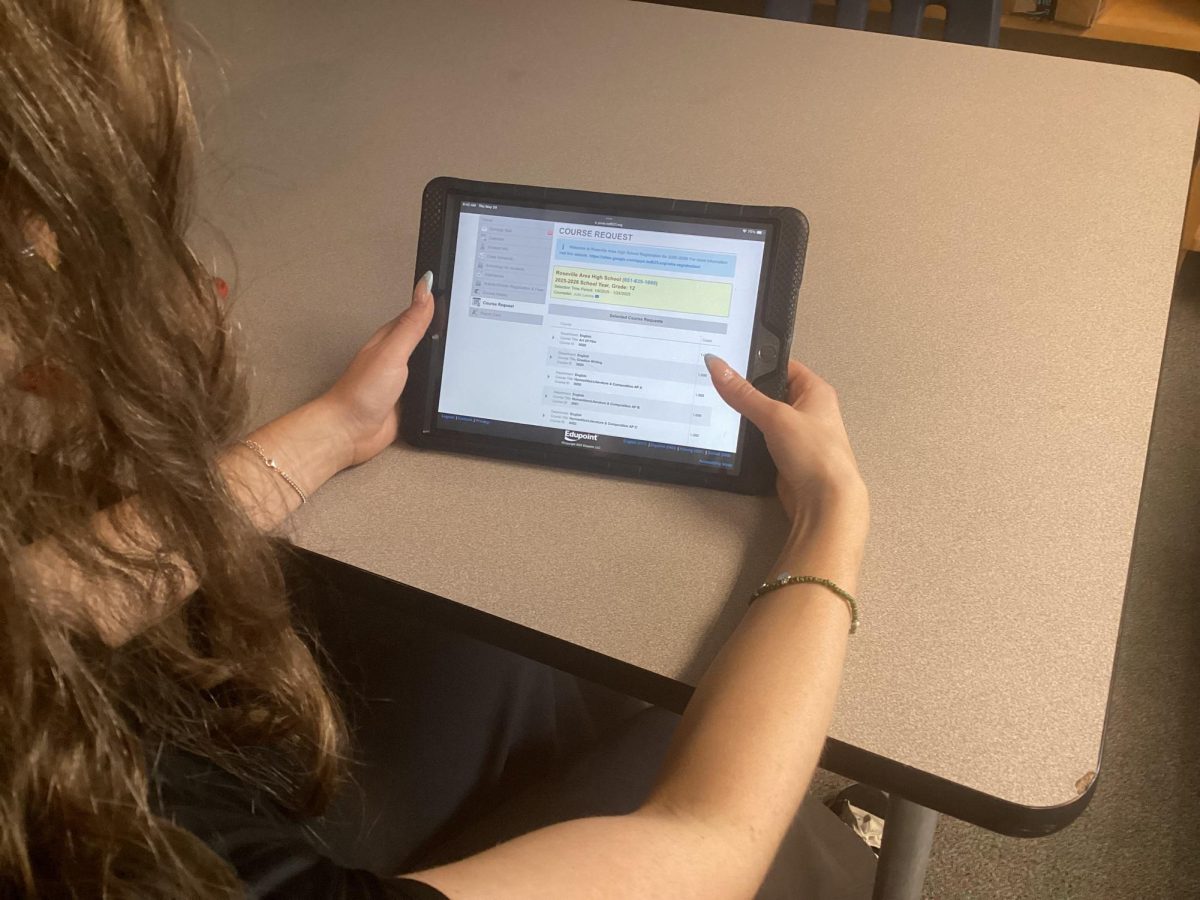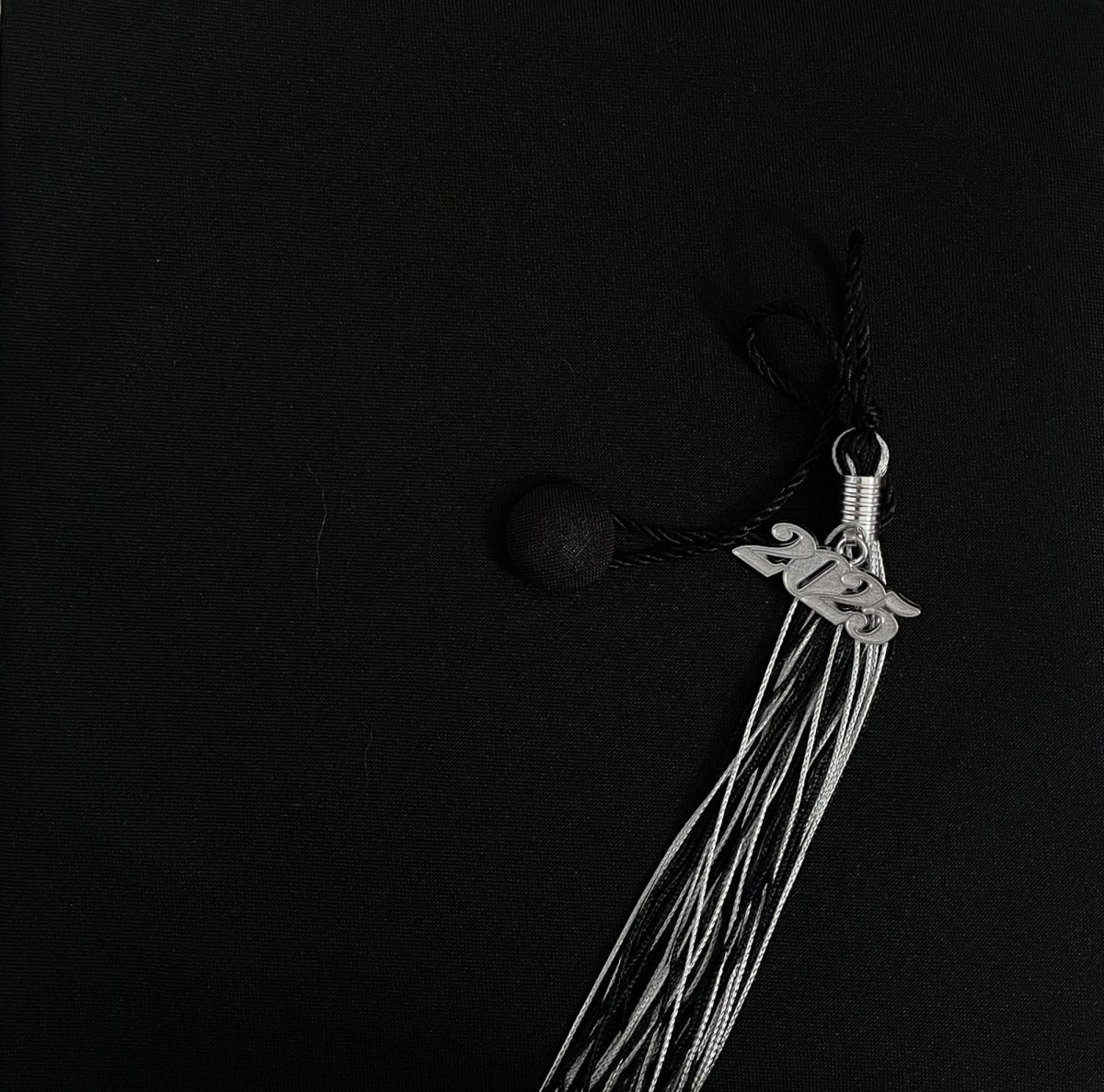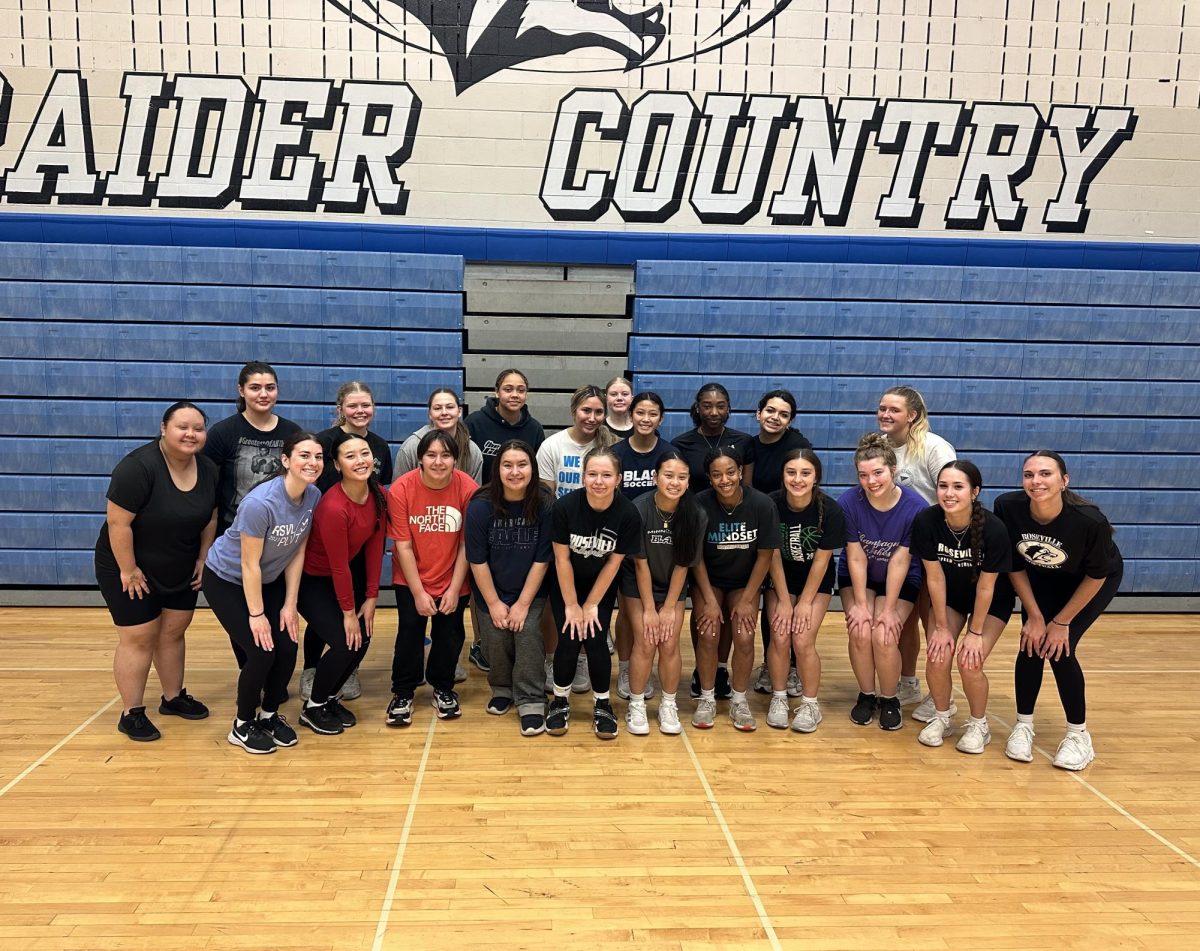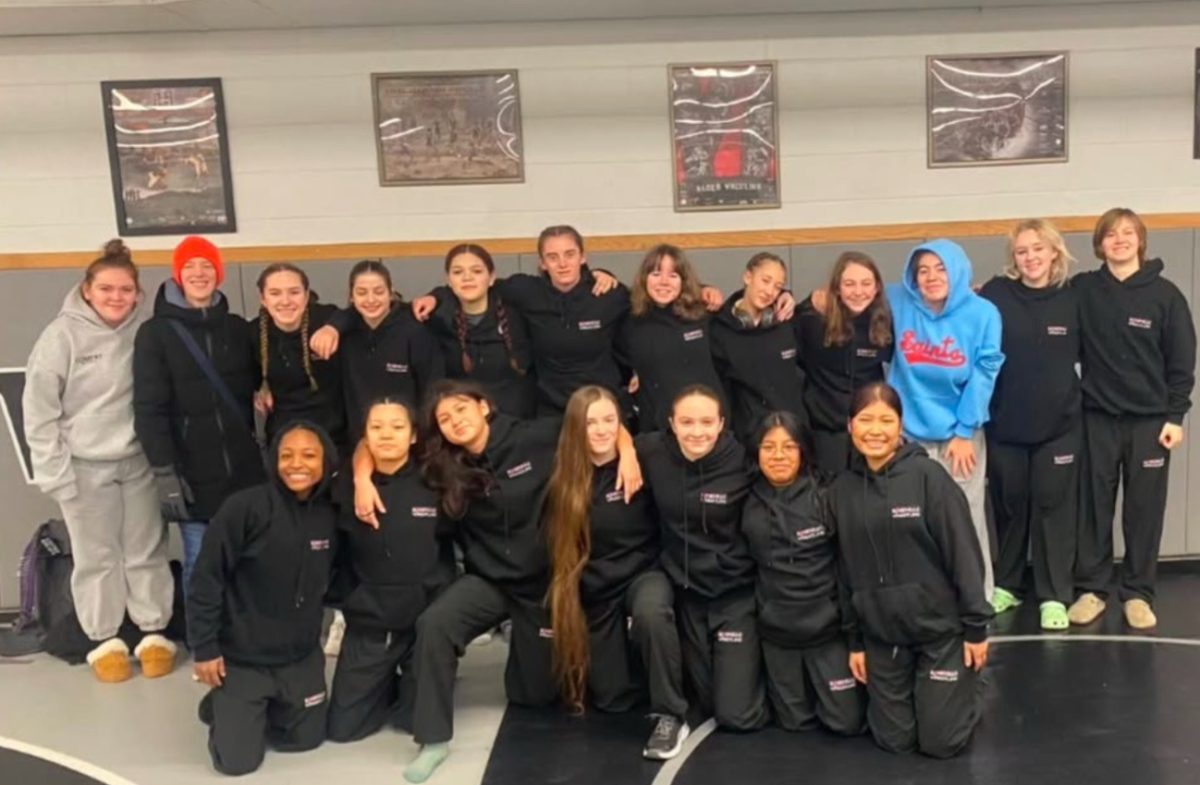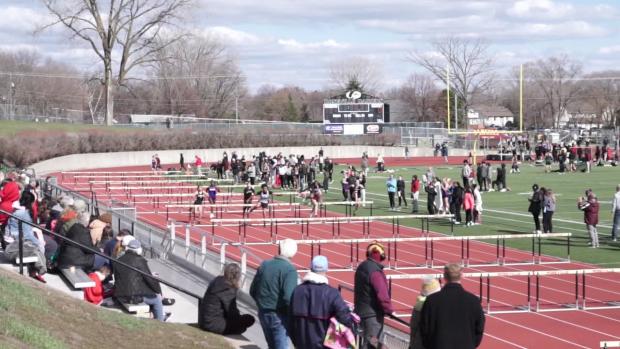Athletes Struggle Too: Adult Perspective on Athletes’ Mental Health
May 3, 2023
This story was written alongside another article. If you haven’t read “Athletes Struggle Too: The Relationship Between Sports and Mental Health,” check it out first!
The culture around mental health in high school sports has changed immensely in the last few decades. Many adults in the sports world recall days when they participated in a high school sport where mental health was never acknowledged.
Today’s coaches and support staff witness firsthand the mental health struggles of their athletes. RAHS Athletic Trainer, Alisia Macioch, works with injured athletes and helps them return to their sport as quickly as possible. She also helps athletes with their mental health.
When she is concerned about a student-athlete’s mental health, she makes an effort to have a direct conversation with the athlete. She underscored the importance of asking hard questions outright, even though they might be difficult to discuss, so that student-athletes go home feeling supported and seen.
Greg Ueland, a girls’ volleyball and girls’ track and field coach who teaches AVID and Social Studies, takes a different approach to supporting his student-athletes’ mental health, prioritizing the “front end.”
He explained this as “using language that is supportive of mental health and building positive relationships and connections so that people feel like they can come and talk to you… because then, when they do need to talk to you, you can be there for them.”
He also makes an effort to never downplay mental health so that student-athletes know what they are going through is valid and deserving of support. When an athlete comes to him, he will work with them to find resources and connect them to the support that they need.
Ueland believes that when a person “is struggling, they might not be super obvious about it, but there are little ways that they show you they need help.”
Macioch agreed with this sentiment, specifically with regard to injured student-athletes. She warned that they might start to distance themselves from the team, and added that “it’s important to reach out and make sure that they’re doing ok.”
Although Ueland understands that he is not perfect, he tries to reach out, as Macioch recommends, when he notices changes in his student-athletes.
Mike Grant, who coaches football and boys’ track and field, grew up as an athlete in a very supportive environment. However, he still acknowledged that “times have changed a lot… there’s less yelling and fear-coaching than there was 20 years ago.”
Grant discussed a recent shift in his coaching strategy in terms of dealing with pre-race or pre-game nerves. He and many other coaches used to urge athletes to channel their nervous energy into motivation, but now that anxiety has become a more researched and acknowledged issue, he understands that many athletes need reassurance and support instead of strict expectations and punishments.
Ueland tries to support his athletes on an individual basis before races and games because “every [student-athlete] is so different… some need space, some need an extra push, and others need lighthearted time with friends to calm their nerves.”
Ueland also depends on older student-athletes, especially captains, to create an environment where “everyone feels comfortable taking positive risks.” He commented that this supportive environment helps ease performance-related anxiety.
When Macioch was a high school athlete, mental health in sports was never addressed. Although she appreciates the massive improvements that have been made, she still sees the need for dramatic improvements.
Ueland agreed with this statement but added the perspective that today’s student-athletes deal with new types of pressure stemming from social media and technology, which often worsens mental health issues, meaning that not only do long-lasting problems need to be fixed, but newer problems, which require newer solutions, are being created.
One thing that Grant wants other coaches to understand is that mental health “is a real thing. There’s a lot more to it than was recognized when [he] was younger, and coaches often play a bigger role in [athletes’] mental health than they know.”
One reoccurring theme that Macioch, Grant, and Ueland all talked about is that resources are accessible. They all want student-athletes to understand that support systems are available and that people can’t help unless they know what’s going on.
Macioch summed up these ideas: “It’s ok to be sad. It’s ok to not be ok. But you need to reach out.” Her biggest advice was to “ask for help. Talk to someone… its the first step in making sure you’re ok.”



